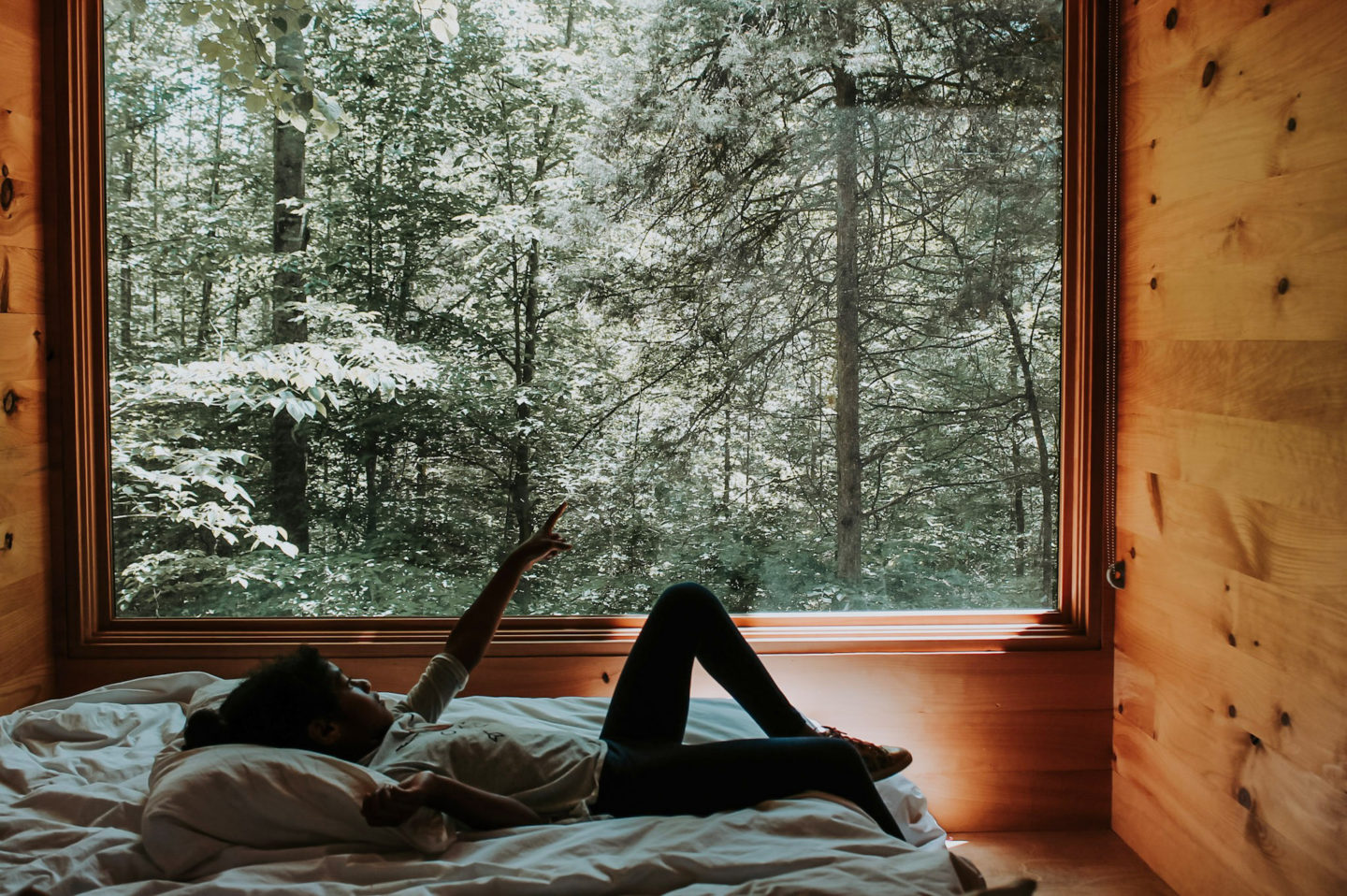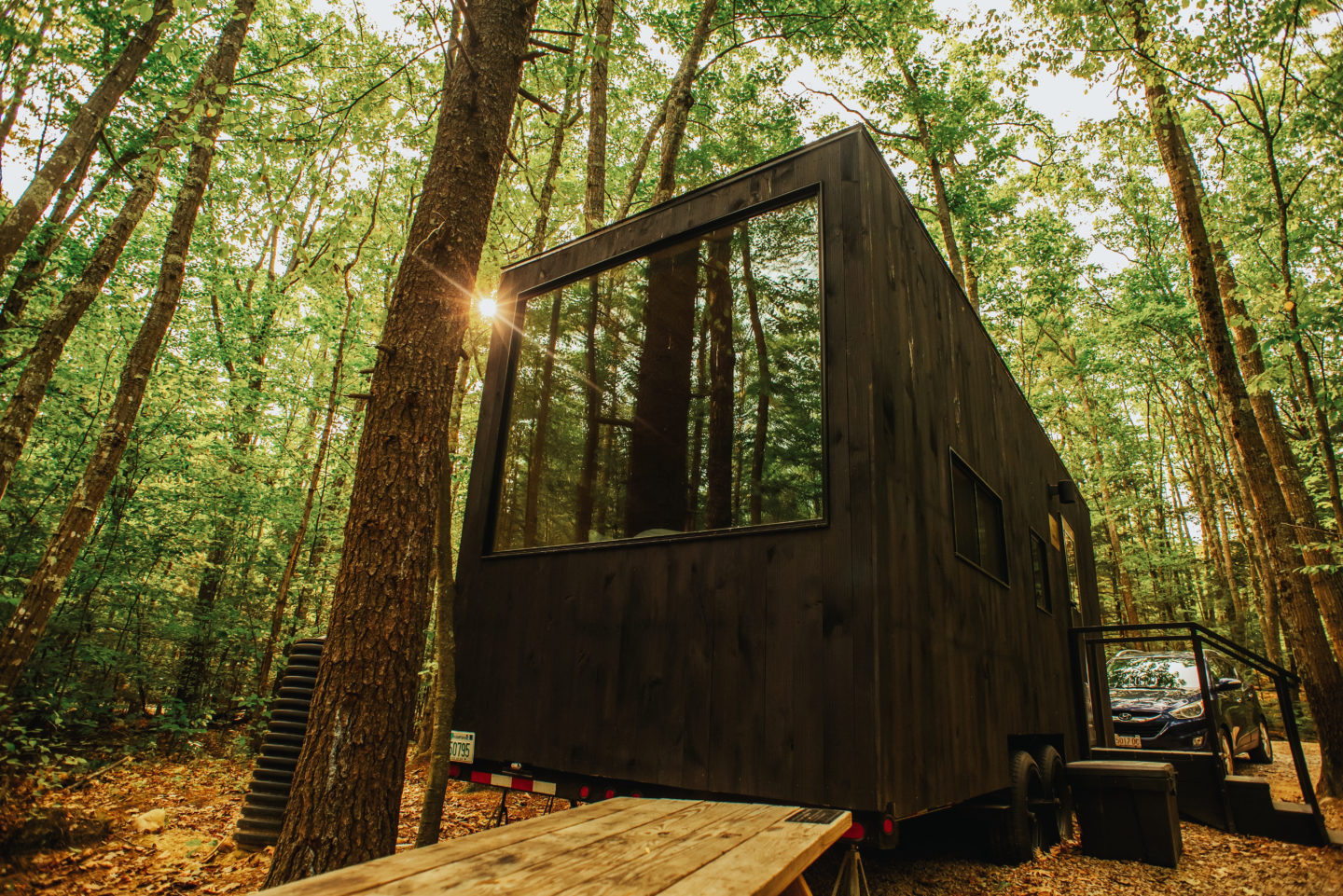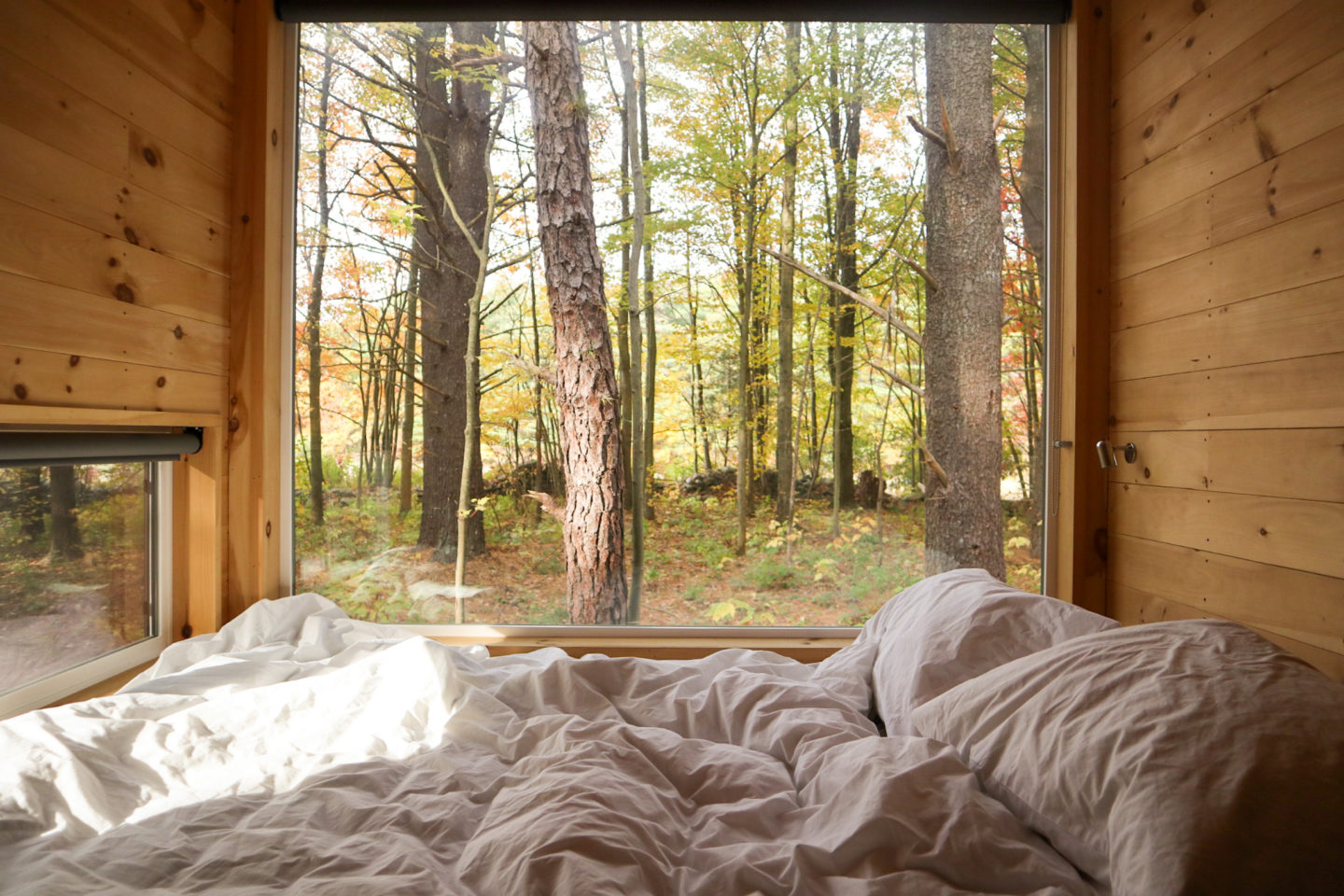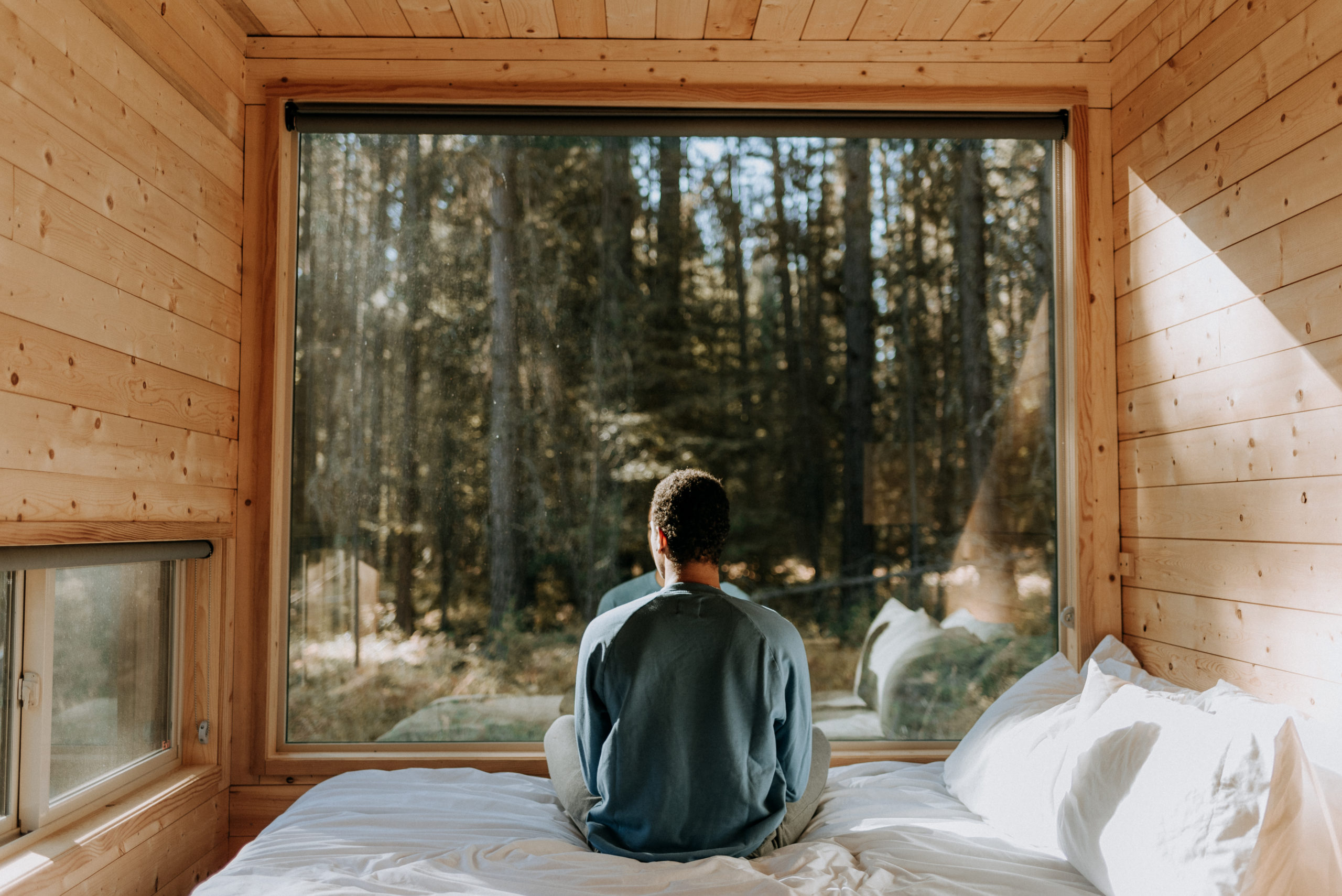I’ve been thinking about the language we use to describe our relationship to time. We spend time. We invest time. If we’re foolish, we waste time; if we’re wise, we budget it. And of course, we long for free time. Notice a theme?
“Time is money,” Benjamin Franklin wrote back in 1748. The famously industrious Franklin didn’t have much use for relaxation, warning that the worker who “goes abroad, or sits idle one half of that day” isn’t just losing the money he spends, but the money he could have made if he’d chosen to work instead.

As the journalist Kyle Chayka points out, Franklin was writing at the dawn of the Industrial Revolution. With advances in manufacturing, workers were moving out of their homes and into factories, where “time became money” as they were paid for their hours on the clock rather than the goods they produced.
Politicians and economists alike predicted that as labor became more efficient, working hours would decrease, allowing more time for leisure. In 1910, President Taft recommended that every American be entitled to 2–3 months’ vacation in order to resume the next year’s work with “energy and effectiveness.” In 1930, observing that “technical improvements in manufacture and transport have been proceeding at a greater rate in the last ten years than ever before in history,” the influential British economist John Maynard Keynes predicted that “in our own lifetimes…we may be able to perform all the operations of agriculture, mining, and manufacture with a quarter of the human effort to which we have been accustomed.”
Soon enough, Keynes believed, we’d become so efficient at providing for everyone’s basic needs that our workdays would shrink to three hours at most. With fifteen-hour workweeks, mankind would then have to confront “his permanent problem… how to occupy the leisure, which science and compound interest will have won for him, to live wisely and agreeably and well.”

Keynes was absolutely correct that in the decades to follow, advances in technology, transportation, and manufacturing would grow the global economy many times over. But as almost anyone in the workforce in 2021 knows all too well, his prediction of the 15-hour workweek proved wildly off the mark. It turned out that global enterprise was far more interested in the perpetual drive toward productivity and profit than in “meeting everyone’s basic needs so we can all relax and enjoy an incredible bounty of leisure time.” Today, as we seek out life hacks and productivity apps to squeeze the most out of every minute, it seems we’ve collectively bought into the idea that time is money (and we never have enough of either).
What if instead of thinking of time as a currency, we thought of it as a natural resource? What if, instead of thinking of time as something to spend (or waste, or budget, or maximize), we thought of it as something to experience?
Imagine time like water. We need to use some amount of water for our sustenance and survival: we ingest it to keep ourselves hydrated and healthy; we wash with it to keep ourselves clean. But water is also the source of so many kinds of pleasure, whether it’s sinking down into a hot bath, canoeing down a river, or witnessing the beauty of a waterfall. Think about how different your experience of water is in each of these instances.

Much like water, time is constantly changing shape and form. “Our experience of time varies with whatever we are doing and how we feel about it,” explain brain researchers James M. Broadway and Brittiney Sandoval. Twenty minutes can feel like hours when you’re stuck in conversation with a bore, but those same twenty minutes might feel like mere seconds when you’re racing against a deadline.
“Time does fly when we are having fun,” the researchers say. But that same fun activity will appear to lengthen in time when we recall it later on. This is because of the way the brain encodes memories, registering novel experiences while skipping over familiar or routine ones. “Our retrospective judgment of time is based on how many new memories we create over a certain period,” Broadway and Sandoval explain. “In other words, the more new memories we build on a weekend getaway, the longer that trip will seem in hindsight.”
No matter whether you feel like you’re wasting, saving, minimizing, maximizing, or spending time, you are always experiencing time, all the time. It turns out that if you really want to feel rich in time, the solution isn’t to hack it or try squeezing more productivity from it. Instead, it’s to fill your life with new experiences—ideally experiences that surprise and delight you, that capture your attention and imagination, that your brain will convert into the memories that will become the story of your life.
As the poet Mary Oliver famously wrote:
Tell me, what else should I have done?
Doesn’t everything die at last, and too soon?
Tell me, what is it you plan to do
with your one wild and precious life?

Ready to experience some time in nature? Book your Getaway today.
